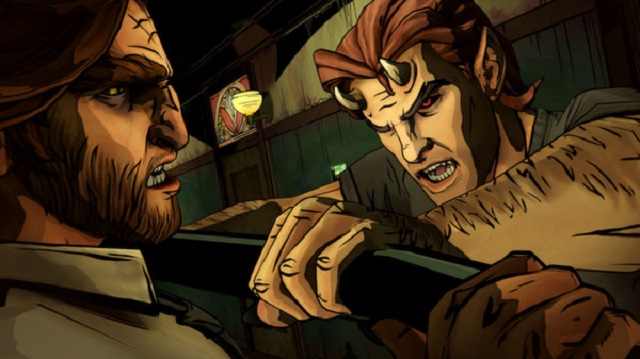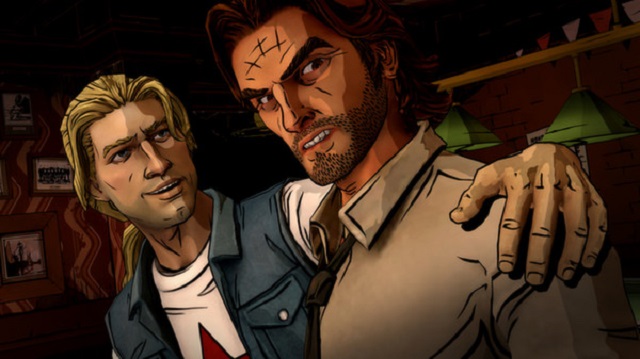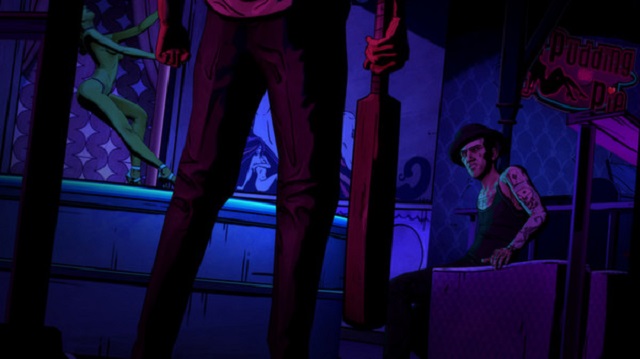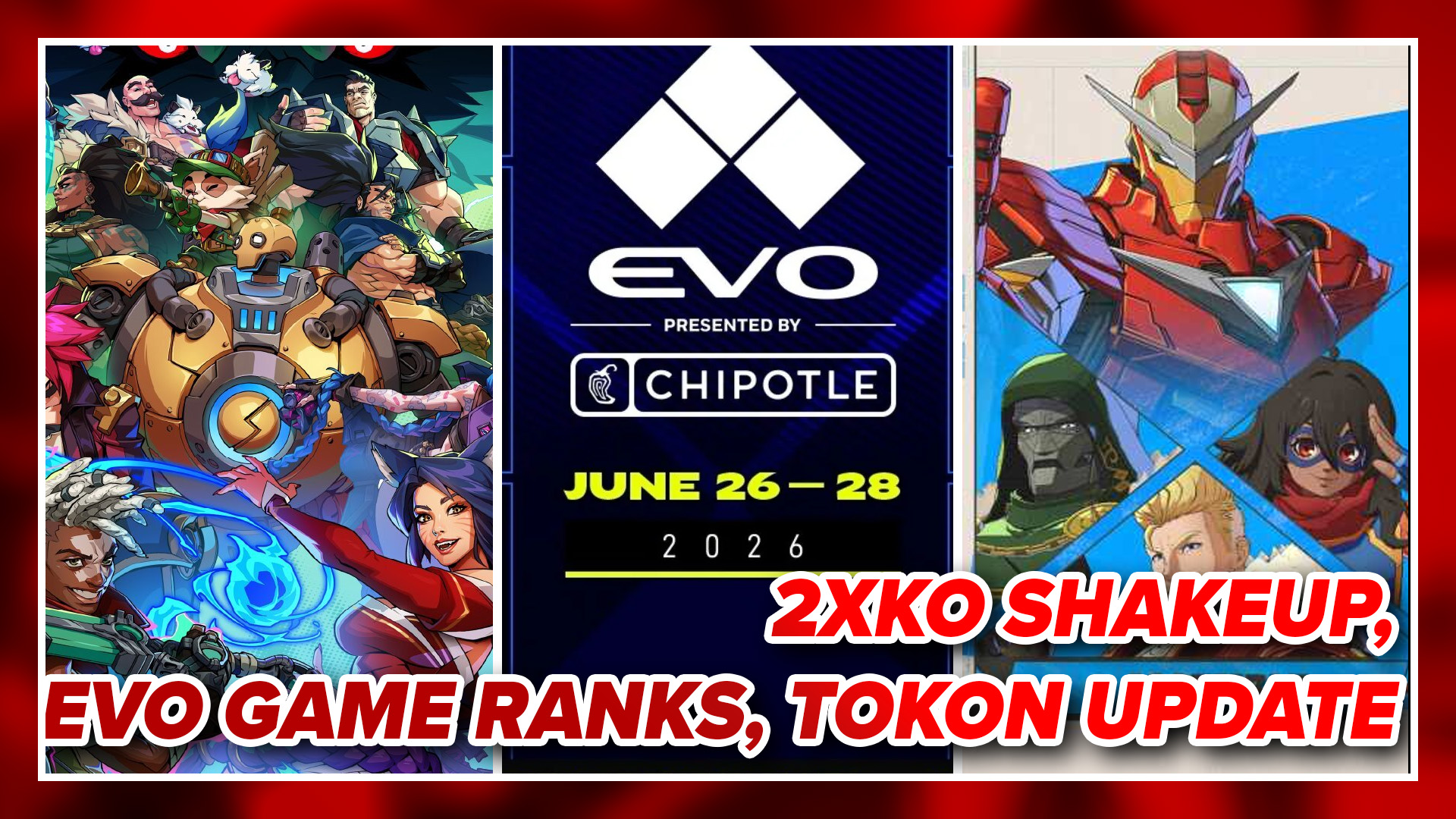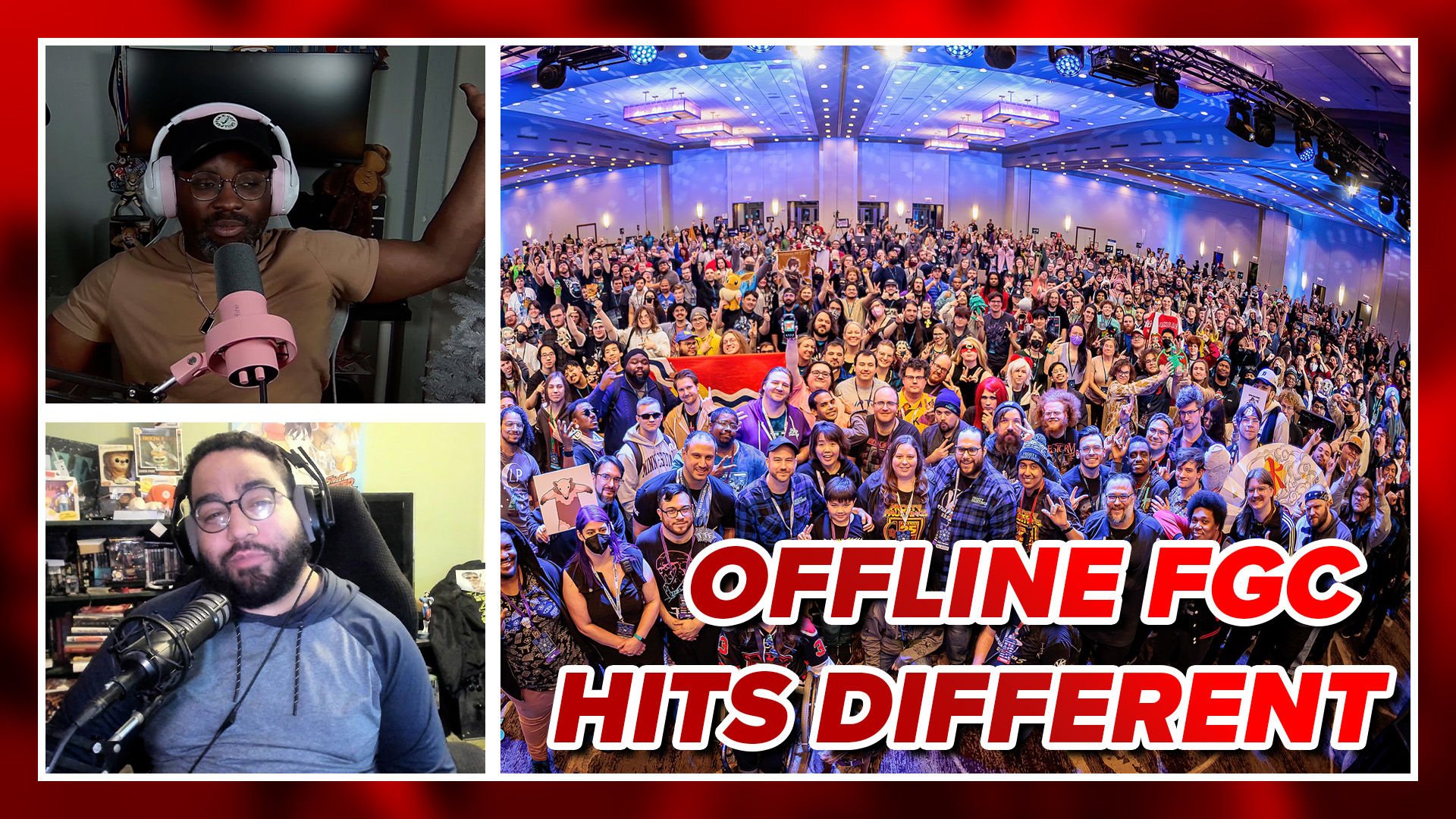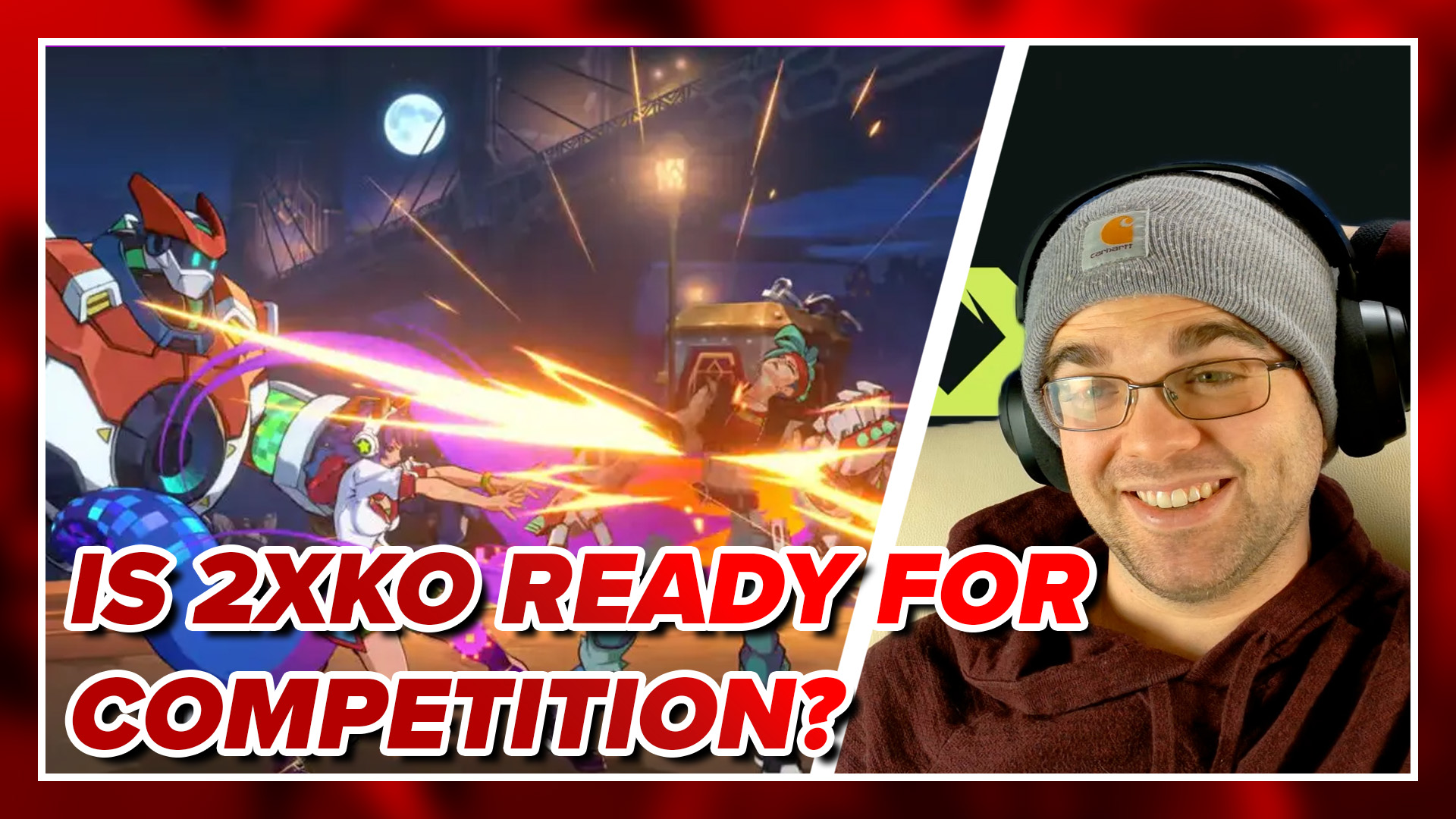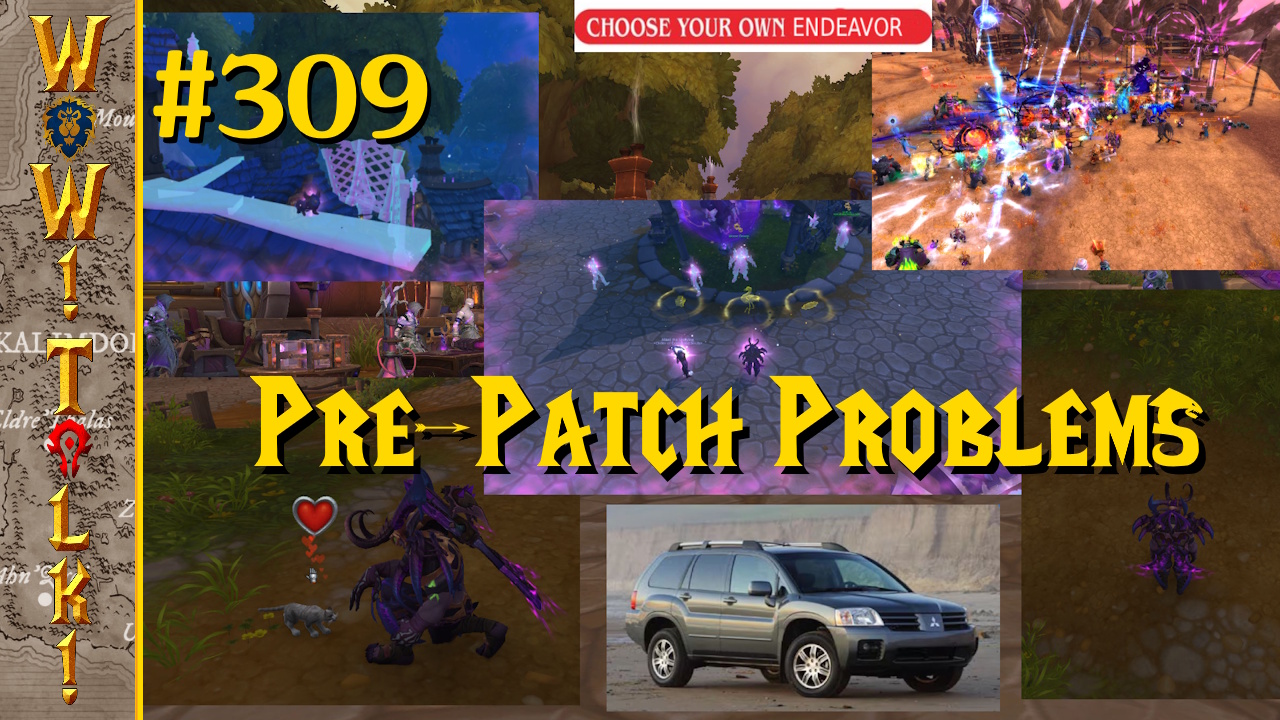I was intrigued, but skeptical at the end of the first episode of The Wolf Among Us. It had kept me interested and engaged the entire way through, but having read the Fables comics, I was a little doubtful of the cliffhanger ending of the first act. Now that I’ve finished The Wolf Among Us: Episode 2 – Smoke & Mirrors, I have no more reservations about the series. This is an intriguing crime story wrapped up in an interesting setting — one that has me quite upset that it’ll be months before I can really dig back into the case at hand.
This episode is a little bit slower than the previous one, focusing more on unraveling the strange events that have become commonplace in Bigby’s (the main character’s) life. As I’d said in my previous review, I liked that there were a couple of decent action scenes and quick-time events to break up the slower story elements. This episode doesn’t have many of these moments as it is far more preoccupied with setting up more of the story. Now, the story is excellent and I definitely didn’t mind spending more time on it, but I missed some of the more tense moments that came about while chasing or fighting people in the first episode. There are a few encounters in this one, but they feel slow and lack any sense of urgency or danger for some reason. It might not be a problem for some people, and it really didn’t even bug me much, but I do miss the little jolts of adrenaline those moments brought to the first episode.
Then again, this was the first time in the series when I genuinely didn’t know how I wanted to answer some questions. Telltale Games always seems to excel at putting me in situations where I have a hard time responding to the questions being asked. They’re great at creating moral dilemmas and then making players choose one side or another, typically when neither side stands out as a better or worse choice. You see more of that in this game, and it reached points where I just didn’t know what I wanted to say. I’ve only played a few of their games so far, but in previous games I’ve always been able to think of something to say. In this one, some of the situations and conversations I’ve been in just had no easy answer no matter what my panicked brain wanted to do. Somehow, the kings of moral gray areas have found ways to enhance their craft and make it even harder to make a decision.
Not all of my difficulties in making a decision comes from excellent dialogue and plot, as I’m starting to notice that not every dialogue option makes sense in the way I imagine it. There is a major focus on the past violent nature of Bigby throughout this episode, and in my playthrough I was working on being a kinder, gentler version of him. I was essentially playing a good cop, working against the way Bigby was perceived by the community he was working to protect. This meant I would pick out dialogue choices I felt would best suit that character, and most of the time I could figure out what a nicer version of Bigby would say. Every once in a while, though, I’d pick something and have my character run with the general meaning of the sentence, but in an angry tone that I wasn’t expecting. It didn’t make huge changes to my playthrough, but there were times when I was genuinely surprised at the way a sentence would be conveyed as it was completely different from how I was perceiving it.
This may not be a problem in the game, though, as it’s been an issue with adventure games in general for some time. The last time I remember it really bothering me was while playing Phoenix Wright: Ace Attorney, as I found myself in multiple places where I wanted to push a witness on a certain piece of information within a sentence. The way I interpreted the sentence wasn’t the way the devs had scripted the sentence to be understood by the game’s characters, though, so something that made perfect sense to me wouldn’t work to solve my problem in the game. The same issue crops up in Smoke & Mirrors, as I’m making my own assumptions about how a sentence should be conveyed when the devs might see the situation completely differently. Part of playing adventure games involves learning to think like the person who created them, which, while frustrating when you can’t figure it out or you’ve guessed wrong, is also kind of fascinating in its own way. It causes a few minor problems in this episode, but is something that didn’t come up that much. It really got on my nerves when it showed up, though.
I felt like I got to learn a lot more about the main character in this episode. The previous episode had its work cut out setting up the world, the other fable characters, the crime, and the story, and while Bigby does factor into everything you learn, I didn’t feel like I’d gotten to know him all that much. This chapter seems to focus much more on Bigby and the way he’s perceived by the people around him, letting his character let loose a little bit. Again, many of the characters believe he is angry and violent, and the game plays on those perceptions by letting you choose to be that character or take him down a different path. In almost every sequence, you can choose to smash something or browbeat someone, but you’re also open to be patient and calm. You can play the angry character that everyone expects, or you can play as I did and go against the characters’ expectations.
Playing the good cop had me pretty nervous in many places as I played. There are a lot of instances where the game seems to be begging you to play it rough with everyone, presenting option after option of ways to scare the people you’re talking to or interrogating. Through the dialogue options you can see the temptations that Bigby is going through, and even I started to wonder if I was making the right choice by being so nice to everyone. During one particular sequence I just wasn’t getting anywhere with my current nice guy attitude, and it was starting to get on my nerves. I was also worried that I would eventually just miss out on a piece of evidence if I didn’t give in to Bigby’s angry side, so it was genuinely difficult to continue trying to play nice. It was neat to be brought into the character’s own moral issues through the game’s systems, and it really made the game’s story stick with me.
Another interesting aspect was the inclusion of a brothel/strip club. Now, these tend to get thrown into games and movies as an excuse to toss a couple of topless women around. It’s cheap titillation, and while I’m certainly not above it, it just doesn’t fit in with certain games and can come across really crass at times. I would have been genuinely shocked if Telltale Games had just stick the strip club in just to show the players some digital T & A. Fortunately, the brothel in this game is a sad, sickening place that fits in with the dark atmosphere of the criminal case you’re investigating.
Instead of being about showing some pixelated strippers, there’s a focus on just how sleazy and uncomfortable the place is. It really feels like you’re moving into a darker, seedier side of the world as you dig deeper into the case. What goes on in that building is depressing, making me actually uncomfortable and desperate to leave. There’s also a character in there that really tested my ability to avoid violence, pushing me with his attitude and demeanor to the point where I think I would have clobbered him if the game had even hinted that I could. I can’t say much more without going into detail, but the place could have just been a cheap gimmick to show some nudey pictures, but instead it emphasized and strengthened the depressing side of the storyline.
That story isn’t always completely solid, though. There is one point where you find out something about the major event that ended the first episode, but the explanation the game gives isn’t very clear at first. The game is a bit roundabout when it’s giving you details on what actually happened, and I spent a good five minutes scratching my head before the game finally decided to tell me what happened in a way that I understood. For the most part the game is pretty straightforward, but that one sequence was just a bit of a tangled mess while I tried to figure it out.
Smoke & Mirrors is a worthy successor to the first chapter, one that goes into more detail about the main character and brought me deeper into the story because of it. I liked being allowed to play with Bigby’s personal struggle with his violent nature, feeling like it added so much personal involvement into a story that is still technically on-rails (short of some diverging points). It might not have had as much action as the first episode and it may have been a little unclear about dialogue or plot occurrences, but The Wolf Among Us: Episode 2 – Smoke & Mirrors is a great second act that brought me right back into the story and has me pumped for the next part.

